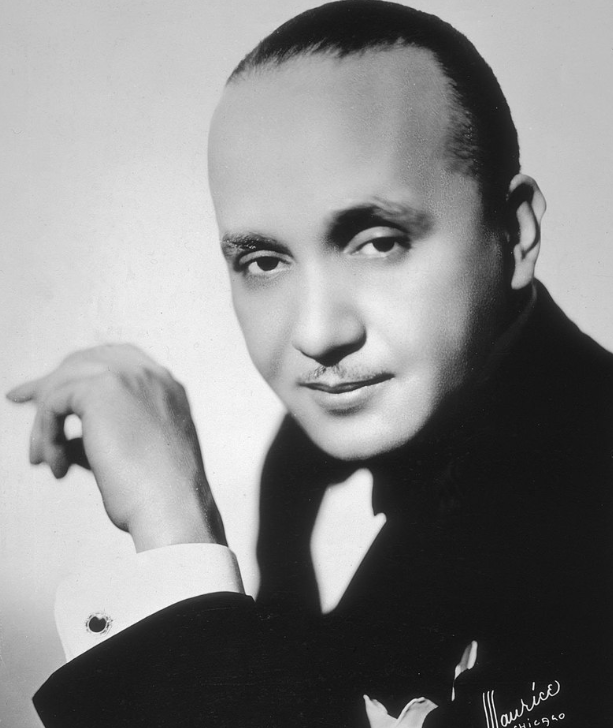Fletcher Henderson: A Jazz Legend

Photo source: https://en.wikipedia.org/wiki/Fletcher_Henderson
Fletcher Henderson was a pioneering figure in the world of jazz music. Born in Cuthbert, Georgia in 1897, Henderson was a self-taught pianist and arranger who made a significant impact on the evolution of jazz in the early 20th century. Henderson’s innovative arrangements and his role as a bandleader set the stage for the big band sound that would come to define jazz in the following decades.
Early Years and Career
Henderson grew up in a musical family and learned to play the piano at an early age. He was drawn to the ragtime and blues music of the time, and he quickly developed his own style of playing. After completing high school, Henderson moved to Atlanta to attend college, but he dropped out after a year to pursue a career in music. He started playing in small bands in the South before moving to New York City in 1918.
In New York, Henderson began playing in various jazz clubs and eventually landed a job as an accompanist for blues singer Ethel Waters. He soon became known for his virtuosic piano playing and was soon in demand as an arranger for other musicians. In 1923, he formed his own big band and began to make a name for himself as a bandleader.
Innovative Arrangements and the Evolution of Jazz
Henderson was known for his innovative arrangements, which incorporated elements of blues, ragtime, and classical music into the jazz idiom. He was also known for his ability to adapt popular songs into jazz arrangements, which helped to popularize the genre and expand its audience. His arrangements often featured intricate harmonies and complex rhythms, and he is considered one of the earliest pioneers of the big band sound.
One of Henderson’s most famous arrangements is his version of “King Porter Stomp,” which was recorded in 1926 and became a hit. This arrangement helped to establish the big band sound that would come to define jazz in the coming decades.
Henderson’s influence can be heard in the work of many of the greatest jazz musicians of the 20th century, including Duke Ellington, Benny Goodman, and Count Basie. He was also a mentor to many young musicians, and his innovative arrangements continue to be studied and performed today.
Legacy
Despite his significant contributions to the world of jazz, Henderson’s legacy has been somewhat overlooked in the years since his death. Nevertheless, his impact on the evolution of jazz cannot be overstated, and he remains an important figure in the history of jazz music.
Today, Henderson is remembered as a pioneering figure in the world of jazz and an innovator who helped to shape the sound of the genre in its early years. His innovative arrangements and his role as a bandleader set the stage for the big band sound that would come to define jazz in the coming decades, and his contributions continue to be celebrated by jazz enthusiasts around the world.
In conclusion, Fletcher Henderson was a pioneering figure in the world of jazz music who made a significant impact on the evolution of the genre. His innovative arrangements, virtuosic piano playing, and his role as a bandleader set the stage for the big band sound that would come to define jazz in the 20th century. Henderson’s legacy continues to inspire and influence musicians and jazz enthusiasts today.
